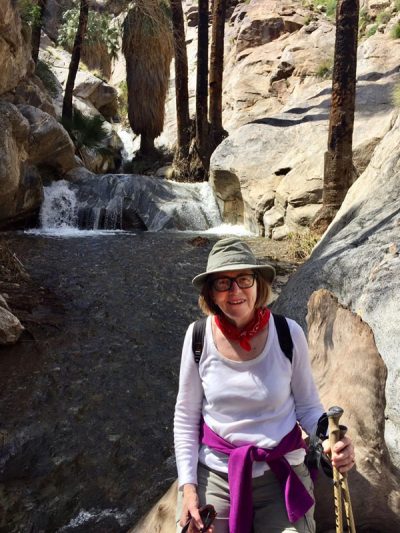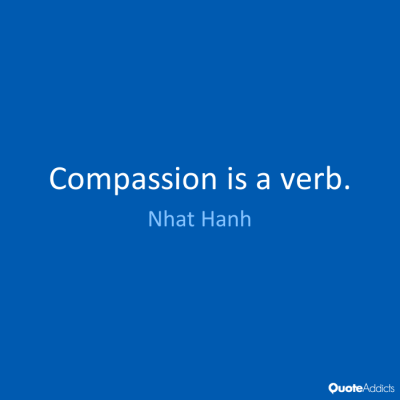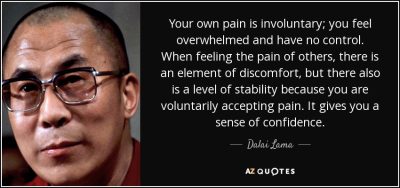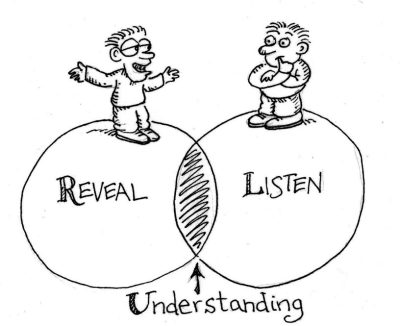Active Hope
“Active hope is a practice…it is something we do, rather than have.” Joanna Macy and Chris Johnstone When I feel hopeful, I have some confidence that what I hope will happen is likely to happen. For example, I hope this meeting accomplishes what I want it to accomplish. Or, I hope people listen to one another’s perspectives. In this way, desire for a particular future is a part of hope. “Active hope,” according to Joanna Macy and Chis … Read more…









